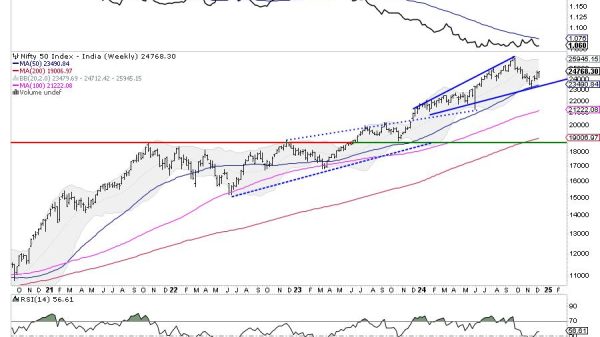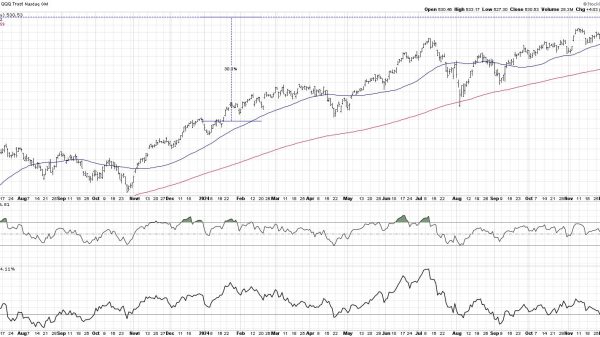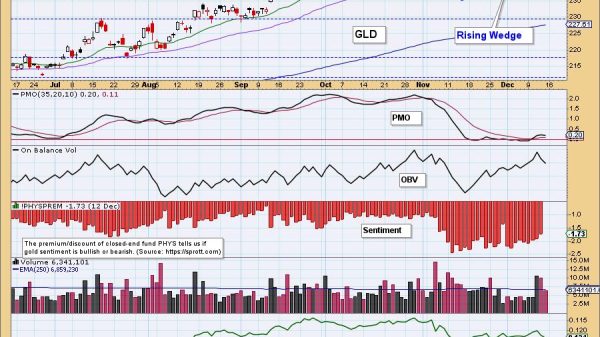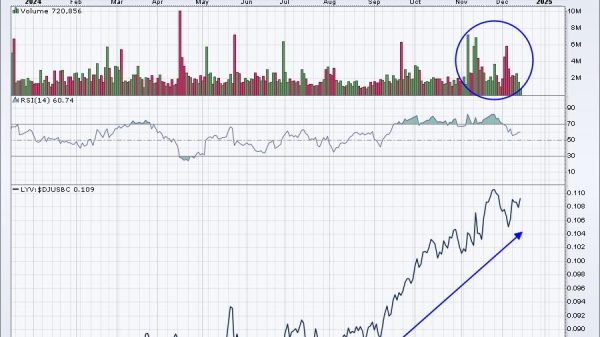Fuel Oil Prices Maintain Stability as US Concerns Offset
Despite concerns related to US debt ceiling talks, fuel oil prices remain steady as supply cuts from major producers counter the ongoing uncertainties. The market’s cautious sentiment is offset by the impact of reduced production levels, supporting stability in fuel oil prices.
Brent crude futures showed a marginal increase of 5 cents, or 0.07%, reaching $75.63 per barrel, while US West Texas Intermediate (WTI) crude remained unchanged at $71.55 per barrel. The discussions to avert a default on US debt resumed in Washington, continuing to instill caution and dampen market sentiment. The possibility of a default and its potential repercussions on the economy and domestic fuel oil prices, including crude oil CFD, has created uncertainty among investors, who closely monitored the progress of the negotiations.
IEA Highlights Imbalance in Supply and Demand
However, the International Energy Agency (IEA) issued a warning of an impending shortage in the second half of 2023. Projecting that demand would surpass supply by nearly 2 million barrels per day (bpd). The IEA emphasized the pressing need for increased production to meet the rising demand, as failure to do so could result in higher prices and potential market imbalances.
Vandana Hari, the founder of oil market analysis provider Vanda Insights, expects volatility to persist in the oil market in the coming days. She predicts a potential upward bounce in crude prices once a deal is reached to raise the debt ceiling, underscoring the resolution’s crucial role in maintaining stability and restoring investor confidence.
Wildfires and Production Disruptions
In the previous week, both oil benchmarks experienced a gain of approximately 2%, marking their first weekly increase in five weeks. This upward momentum was primarily driven by the impact of wildfires in Alberta, Canada, which significantly curtailed crude supply. The production disruption in Canada further compounded concerns about the global supply-demand balance, temporarily bolstering oil prices.
Additionally, the voluntary production cuts implemented by OPEC and its allies, including Russia, have started manifesting their effects since taking effect earlier this month. These production cuts aim to stabilize the market and prevent oversupply. They involve various processes, such as fractional distillation of crude oil, to refine and separate different components based on their boiling points.
According to JP Morgan’s report, total exports of crude and oil products from the OPEC+ group witnessed a substantial decline of 1.7 million bpd by May 16. The bank also anticipates a potential reduction in Russian oil exports by late May. The efficacy of these production cuts relies on the commitment of participating countries to adhere to agreed-upon quotas.
G7 Pledges to Counter Fuel Oil Price Caps Evasion
During the recent Group of Seven (G7) leaders’ meeting, participating nations pledged to intensify their efforts to address Russia’s evasion of price caps on oil and fuel exports. However, specific details regarding these enhancements were not divulged.
The Executive Director of the International Energy Agency, Fatih Birol, indicated that these measures are unlikely to exert significant influence on the supply situation for crude and oil products, reaffirming the agency’s existing analysis. Birol stressed the importance of upholding global energy supply while effectively tackling market manipulation and ensuring fair pricing.
Although cautious sentiment surrounding the US debt ceiling talks and concerns about China’s demand recovery led to a slight dip in oil prices on Monday, the ongoing supply factors provided some support to the market. The oil market will closely monitor the progress of the debt ceiling negotiations and China’s economic indicators to gauge the future trajectory of oil prices, including fuel oil prices. Furthermore, geopolitical tensions, changes in production levels, or unforeseen disruptions in major oil-producing regions can significantly impact the supply-demand dynamics and shape the course of oil prices, including domestic fuel oil prices, in the weeks ahead.
OPEC Secretary-General’s Warning
In addition to the prevailing market factors, other noteworthy developments are shaping the oil industry landscape. OPEC Secretary-General Haitham Al-Ghais highlighted the long-term implications of underinvestment in the oil and gas sector. He is concerned that it could lead to market volatility and hinder growth. Al-Ghais emphasized the need for substantial investments across relevant sectors and stressed the importance of reducing greenhouse gas emissions instead of merely replacing one form of energy with another. According to OPEC estimates, the world requires $12.1 trillion in investments to meet the rising long-term demand for oil.
Moreover, Indian Oil Corp., the leading refiner in India, stated that while it remains committed to term contracts with the Middle East, spot purchases from the region have declined due to an increase in Russian crude imports. The chairman of Indian Oil Corp., Shrikant Madhav Vaidya, noted that spot purchases have decreased to compensate for the influx of Russian crude, which aligns with the refinery’s specifications. Vaidya also mentioned that India’s growing consumption, which reached record levels in March, has created room for additional imports.
Fuel Oil Prices: Navigating Complexities
The oil market continues to navigate the complexities of supply and demand dynamics. The cause of the shift includes domestic fuel oil prices and the interplay of various factors. Debt negotiations, geopolitical tensions, production adjustments, and unforeseen disruptions will shape the trajectory of oil prices in the weeks and months ahead. Market participants will closely monitor these variables. Currently, domestic fuel oil prices are seeking stability and anticipating the actions of key industry players to navigate the evolving landscape.
The post Fuel Oil Prices Maintain Stability as US Concerns Offset appeared first on FinanceBrokerage.
























